I started an experiment last month, listing some of my favorite things for July 2018. I got great feedback, so I’ve decided to make it a regular feature of this blog.
I really enjoy the process of putting this together, because it’s a chance to contemplate how rich my life is with great people, opportunity, gadgets (yup!) and joy. Basically, an exercise in gratitude. At the same time, I hope you find some practical and inspirational nuggets among them that enhance your life, too.
I guess this month you can tell from my list that the upcoming school year is already on my mind, while I’m still trying to enjoy the last carefree weeks of summer.
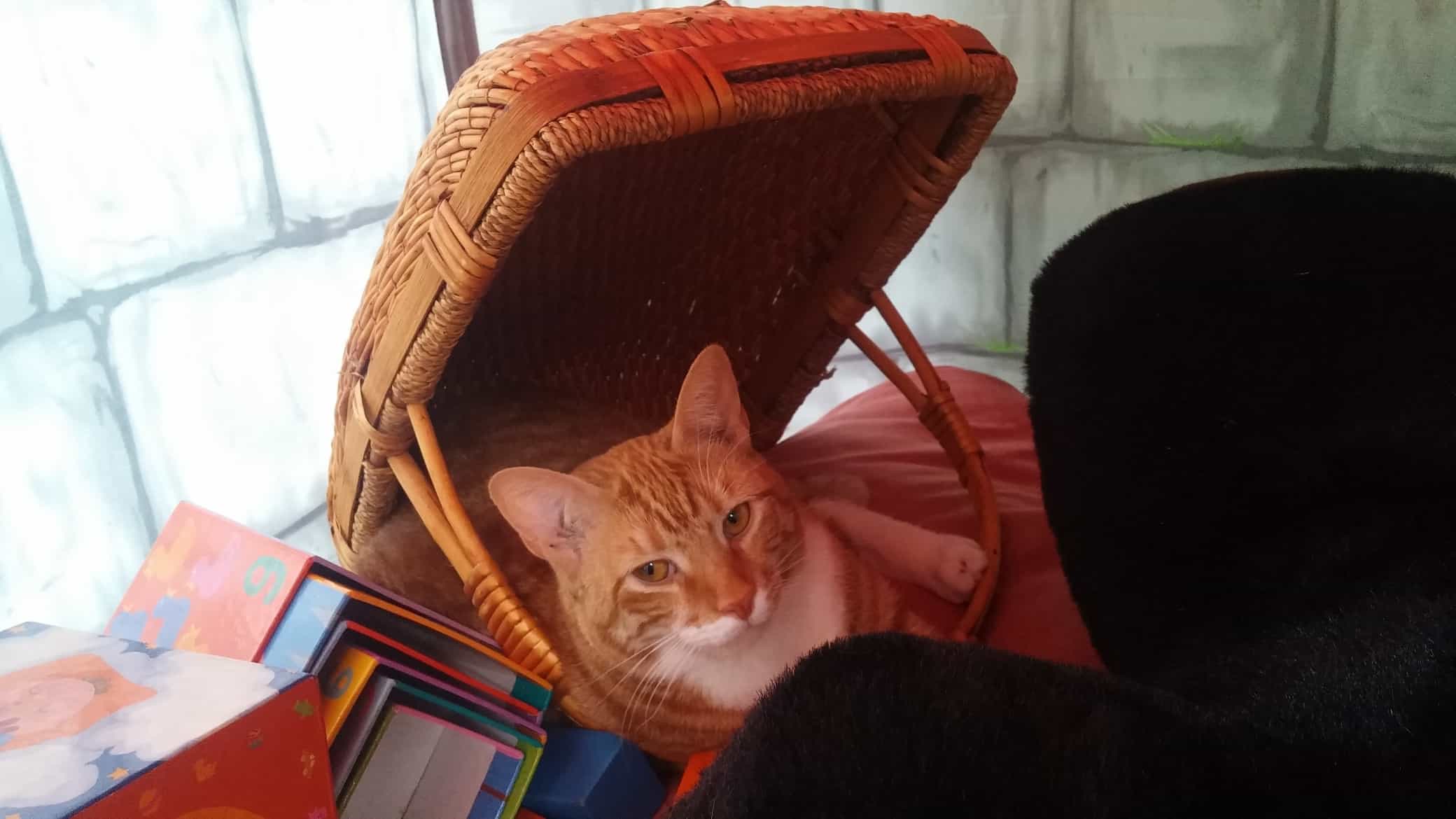
One thing I’m especially grateful for this week is that we were spared during last week’s torrential rains. Other towns up the lake weren’t so lucky. The band Phish even had to cancel its Curveball festival in Watkins Glen due to contaminated water.
In the aftermath of the flooding, I want to pass on a call for donations from a good friend who volunteers with the Schuyler County Humane Society, from where we once adopted our sweet cat Oscar. Not only are their capacities stretched to the limits after having to evacuate all the kitties, but the cancellation of the Phish concerts means that they won’t be making any money there this year from operating a stand. That’s a major blow to their annual budget.
If you like animals, please consider a small (or large) donation to this shelter!
And now:
My favorite things for August 2018
Quote
To bring peace to the earth, strive to make your own life peaceful.
I’m catching up on some Mad Fientist podcast episodes. This conversation with early retiree Marla Taner covered some deep ground on how to make meaning and happiness in your life. Among other things, she mentioned this quote from Buddhist teachings (around minute 29:27). Give it a listen!
Podcast: Edit Your Life
As will become increasingly apparent on this blog, I’m on a quest to simplify my life. I think some of that is an attempt to exert some (illusion of) control when – thanks to two kids – our daily lives have become more chaotic and unpredictable than ever. Luckily, reducing the amount of stuff in your life actually does help. Keeping most of our toys in the basement and rotating them in and out, for example, has made our living room livable again.
To keep myself motivated, I turn to podcasts such as this one. Co-hosts Christine Koh and Asha Dornfest are friends on opposite side of the country (Boston and Portland, Oregon, respectively). It’s enjoyable listening in on their thoughtful conversations with each other and occasional guests about such topics as minimalist parenting, relationships, self-care, and tackling stress. I especially like the focus on simplifying and decluttering not only your physical spaces but other parts of your life, such as your thinking, your calendar, and even your social life, “making room for for the awesome in your life.”
Book: Getting Things Done, by David Allen
This “entrepreneur’s bible” (Forbes) is another important resource in my quest for order and productivity. I first began using the “GTD” system about a decade ago while working on my dissertation.
It begins with collecting everything that needs attention in your work and personal life. Allen contends that anything that is not explicitly captured will continue to occupy the back of your mind as an “open loop,” eating up valuable resources, so include even items such as “water the plants.”
Then you process this information: Tasks that can be completed in 2 minutes or less get dispatched immediately. If they’ll take longer, you funnel them into your system.
Anything requiring more than one step is a “project,” and the key is to figure out what next, physical step you need to take to move it forward. It could be a phone call, or even just looking up the number required to make that phone call. Getting clarity about what your end goal is and what you can do immediately to move toward it is immensely empowering – and calming.
After you’ve organized these “next actions” into your system by context (such as “work” or “home” or “computer”) and priority, another important piece is to carve out regular times for reviewing your system so you can trust that it’s always up to date and still serving your larger priorities.
Now you should know at any given moment what you could be doing in whatever context you’re in. Whether you choose to do anything at all is up to you, but at least you have the peace and clarity of knowing what you decided not to do. Ultimately, the goal is to get you to a state of “mind like water,” to put it in martial arts terms, or into “the zone” or “flow,” where you’re fully dedicated to what you’re doing.
I’d kind of lost sight of the system for a while, but it makes sense that I’m returning to it now. Because this state of full presence is exactly what I’m seeking out through other avenues – such as meditation – as well.
I’ve been working on integrating GTD with Evernote, and I think I’ve finally come up with a system that works for me. (Let me know if you’d like to hear more about that in the future!)
Get one month of Evernote Premium FREE by using this referral link.
Cookbook: Wild Fermentation, by Sandor Ellix Katz
Here’s another classic I’ve returned to after a hiatus: When I gave a pickle workshop earlier this month and wrote my epic fermented pickle post, I rediscovered this popular book that ten years ago took my budding interest in fermentation to another level.
At the time, I started with sauerkraut, pickles, and sourdough bread. What can I say, I’m German… But Katz’s recipes and descriptions are so approachable and unintimidating that I soon found myself branching out to try ferments from around the world. Think sweet potato fly (fizzy soda) from Guyana, Korean kimchi (spicy cabbage), Indonesian tempeh (fungus-fermented soy), and Ethiopian injera (sourdough teff flatbread). Some of these experiments taste as adventurous as they sound, and for the most part I’ve really enjoyed them.
Katz makes a great case for introducing fermented foods into your life. The potential health benefits are enormous! But what really intrigues me is the idea of connecting intimately with the world around us. You may be familiar with the idea of terroir – the set of environmental factors that give artisanal food products such as wine, chocolate, or coffee their unique regional character. Well, I like to think of myself, eating fermented foods, as an expression of my environment, as well. Like a fine wine.
Here’s what Katz has to say about that (p.12):
Wild fermentation is a way of incorporating the wild into your body, becoming one with the natural world.
Kitchen tool: Stainless steel wide-mouth funnel
This kitchen essential is easily overlooked, but it does its job extremely well and saves me so much time.
I use mason jars for just about everything: canning jams, fermenting vegetables, freezing homemade bone broth, keeping leftovers, whipping up salad dressing, storing pantry staples, drinking smoothies…the possibilities are endless. As I pour and ladle all these things into their receptacles, this awesome funnel makes it easy to avoid spills and unnecessary cleanups. (And of course it works for other types of jars, as well.)
It’s been working extra hard this month as I’ve been making apricot chutney and jam, pesto, tomato sauce, pickles, and all kinds of other summer goodies. I never want to be without again.
Like what you’re reading? Get more inspiration and practical tips tips right into your inbox.
Sign up here for the Happy in the Hollow newsletter.
Joy: Friendships
And finally, this month I’ve been grateful for friendships old and new.
Old: I’ve had the opportunity to reconnect with a couple of old friends through Skype and phone calls. While I believe that some friendships have a season in your life (and that’s ok!), it’s wonderful to find that some last a lifetime, even if you only get to talk once a year.
New: I discovered the Fallen Tree Center for a Resilient Future through a course it offered in suburban homesteading and was thrilled to find another home for so many of my interests. We began every lesson (on composting, beekeeping, bread baking…) with Zen sitting and work meditation! I’m also grateful that its founder, Jane-Marie, asked me to conduct the pickle workshop I held earlier this month. Not only did I learn enormous amounts of information about fermentation in a short amount of time, but I also moved a bit beyond my comfort zone. That’s where the real growth lies! Now I can imagine teaching all kinds of fermentation workshops in the future. (New side gig?)
What are you liking right now? Let me know in the comments below.
Click here for a list of all my favorites and recommendations.
Pin this post for later:
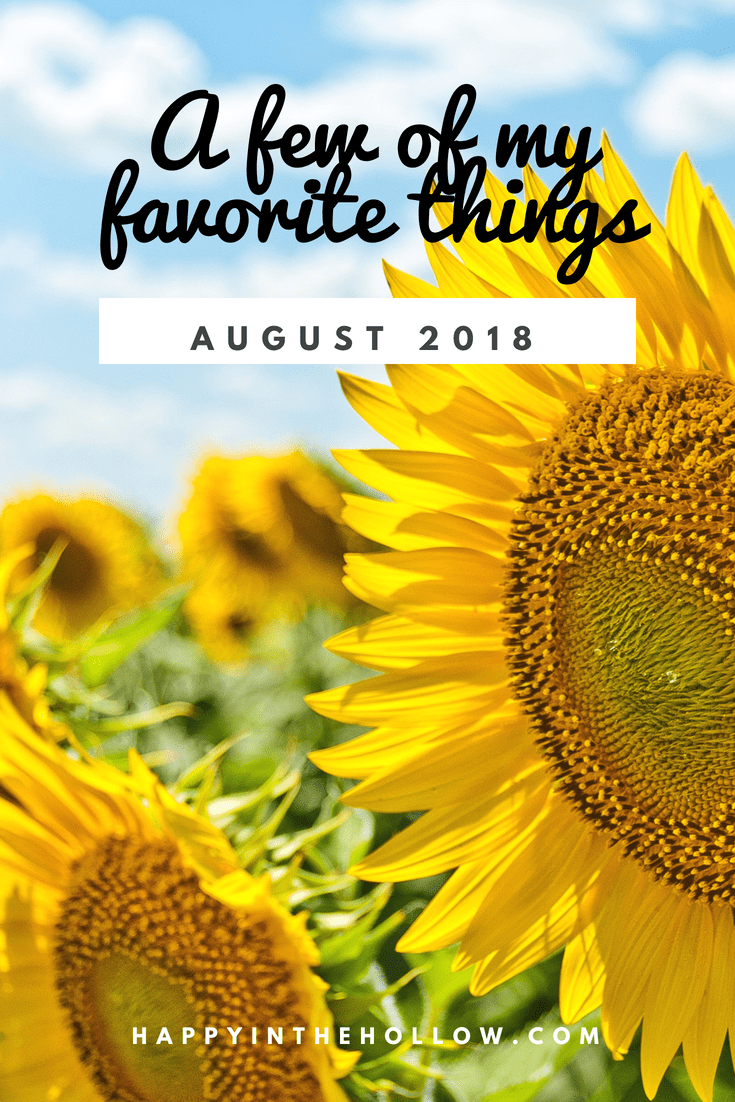
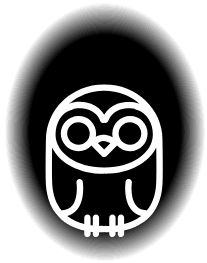
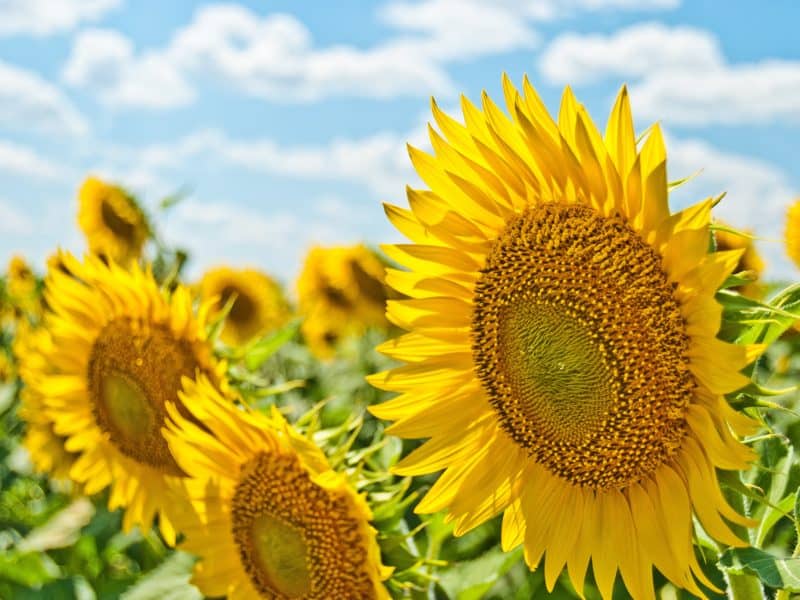
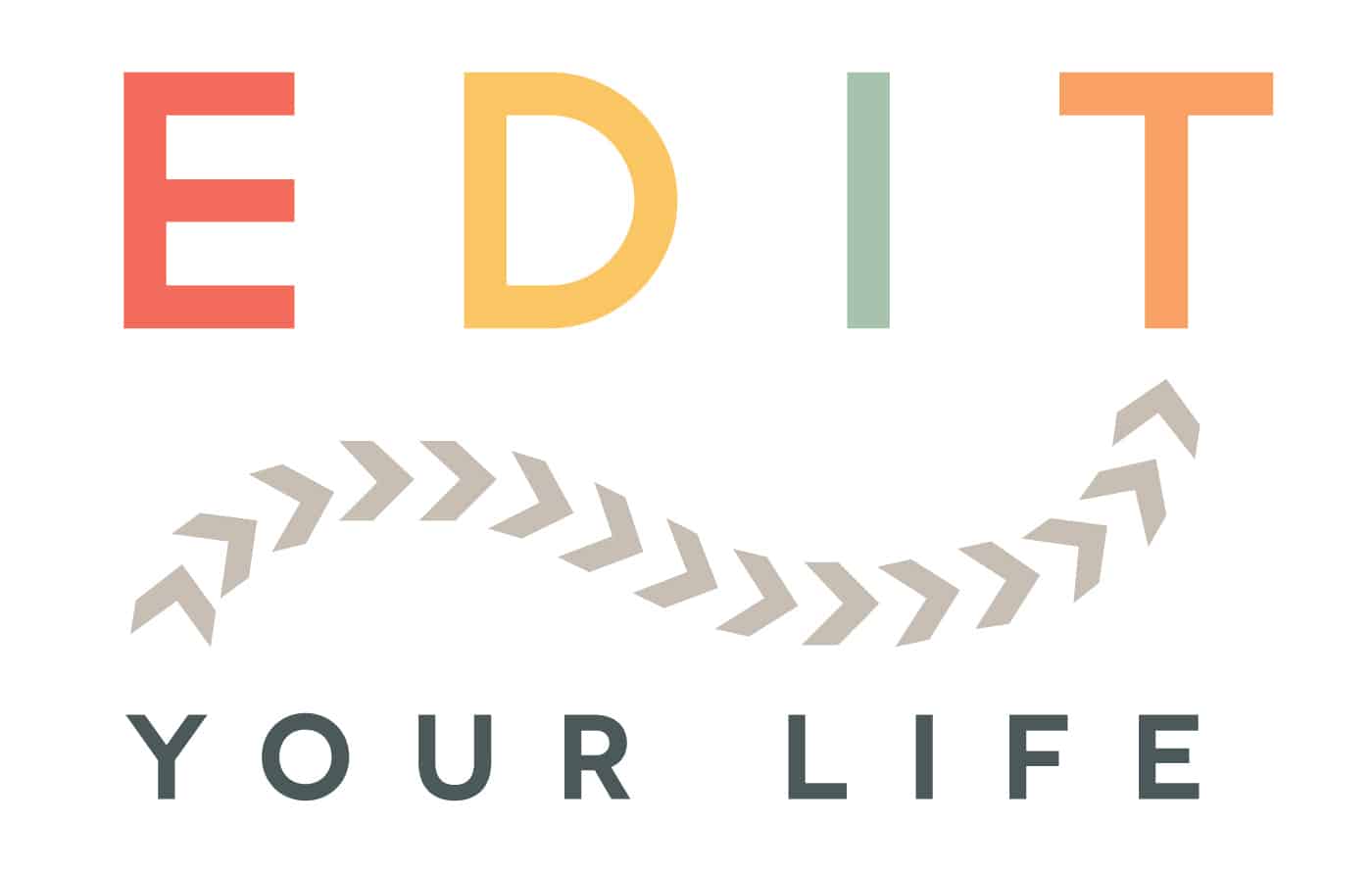

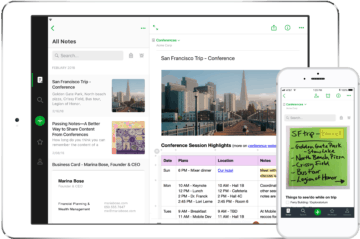


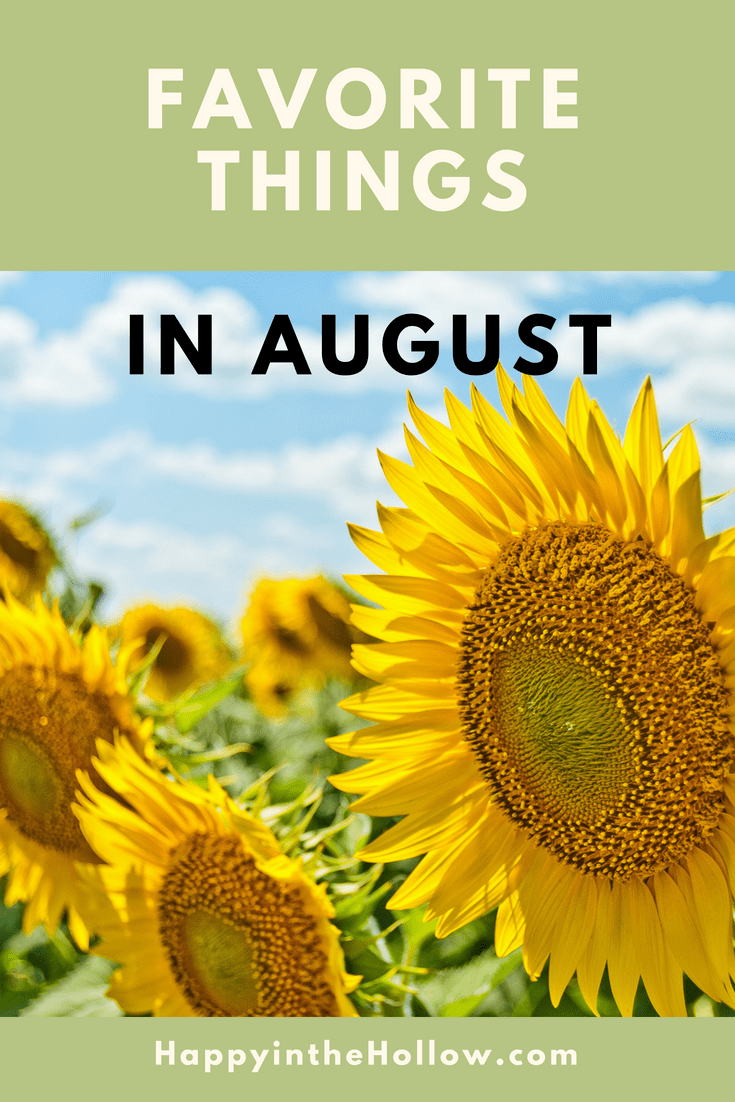
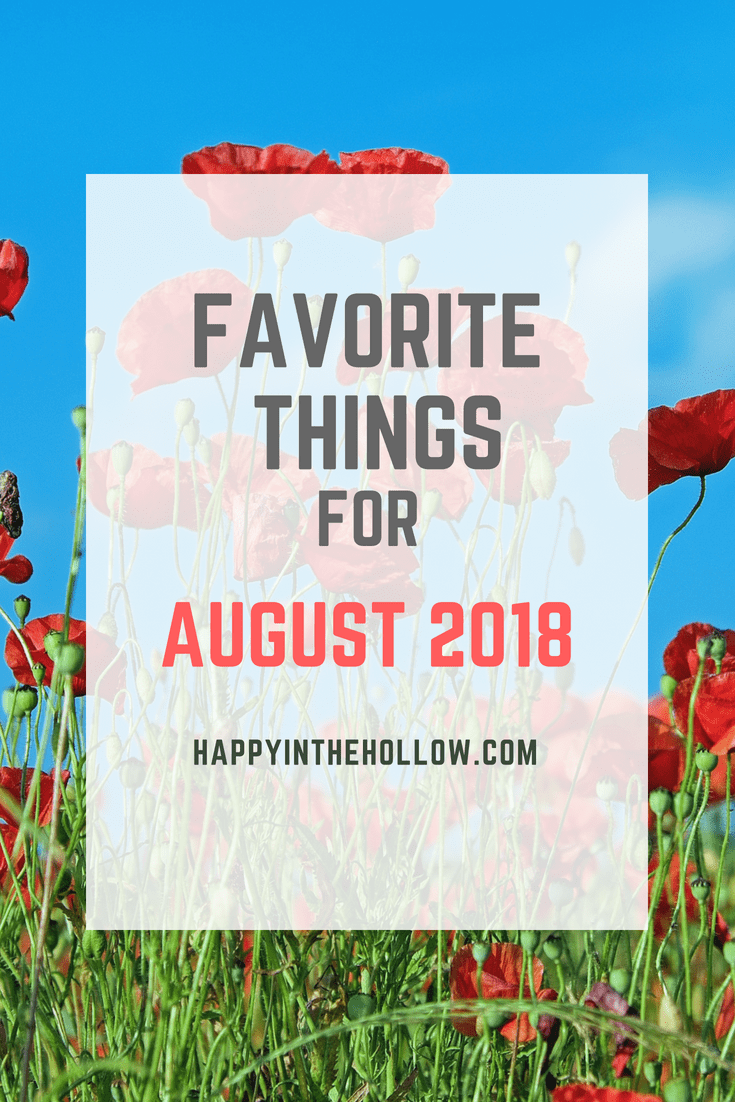
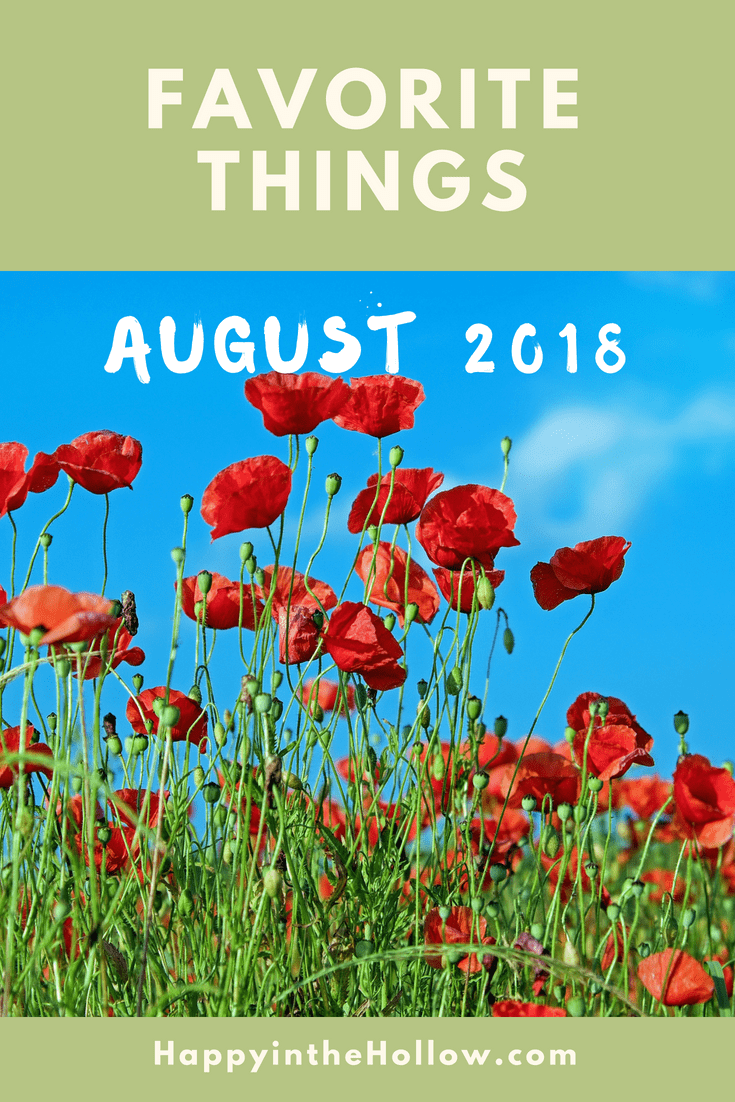
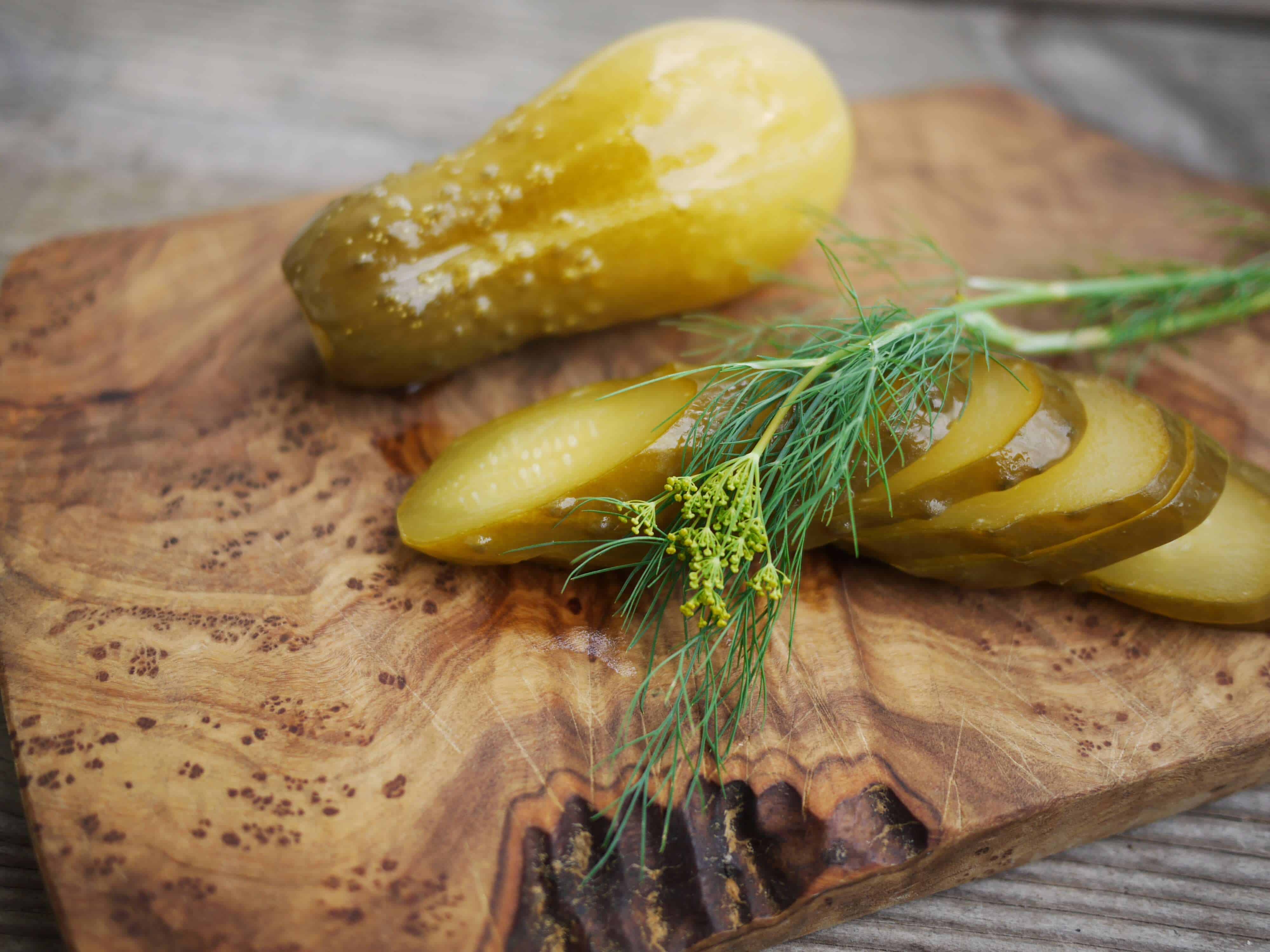 Homemade Lacto-fermented Pickles Recipe
Homemade Lacto-fermented Pickles Recipe